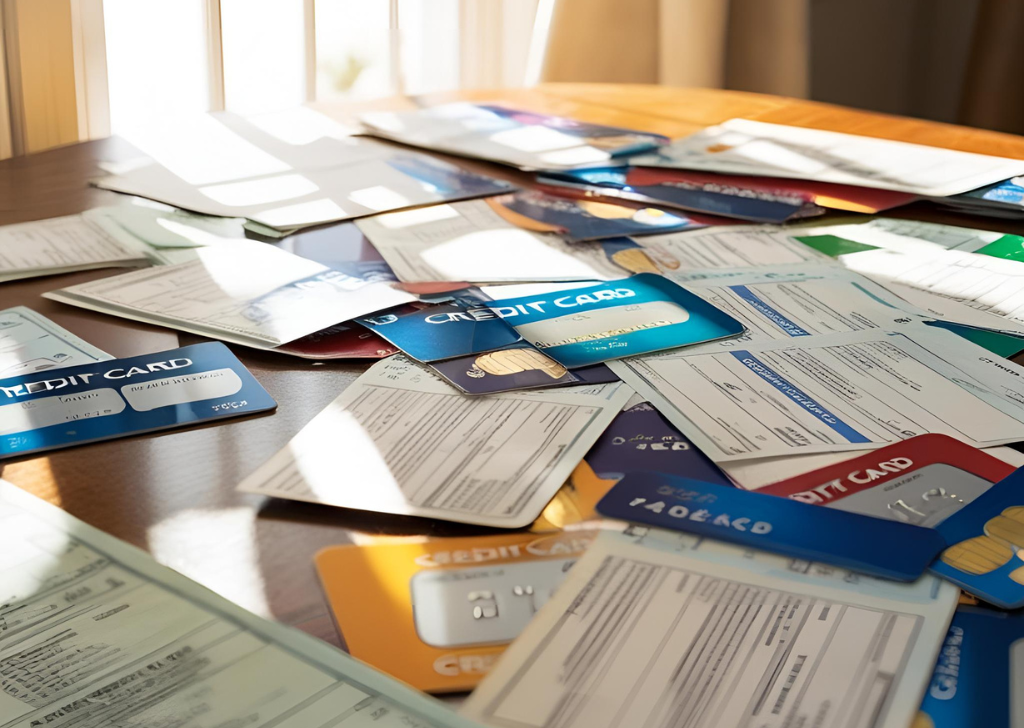Purchasing a home is a significant financial commitment and may rank among your most valuable possessions. Saving for a down payment is usually the first step toward becoming a homeowner, but there are additional fees to take into account when buying a home, such as closing charges. Depending on where you want to live and the kind of property you want to purchase, you will need to save a certain amount of money. All of these factors, together with the house’s age, square footage, and condition, affect the final selling price, which in turn affects the amount you will need for closing fees and down payment.

Trim Monthly Expenses to Boost Savings
Increasing the monthly amount you save is the most efficient method to save for a home. It is beneficial to cut monthly spending since you may utilize the money saved for future housing bills. Start by identifying the funds that are coming in and going out by looking at your credit card and bank statements. Analyze your spending to determine where you might be able to reduce or eliminate unnecessary expenditures. For instance, you can pack a lunch instead of going out to dine, buy generic items instead of name-brand ones, or terminate subscriptions that you no longer use.
Examining your critical expenditures to determine how you may cut those payments is another strategy to cut costs. For example, you may compare quotes or bundle policies to find cheaper auto insurance, bargain for a cheaper online bill, consolidate personal loans at a reduced interest rate, or, if you have more than one automobile, switch to driving just one.
Define Your Target and Timeline
The first step in saving for buying a house is figuring out how much money you’ll need. Your lifestyle, salary, spending patterns, financial situation, and preferred home all play a role in this. Steer clear of costly FHA, VA, and USDA loans, and don’t spend more than 30% of your monthly take-home income on a 15-year fixed-rate mortgage. A down payment of at least 25% of the home’s price is desirable, while first-time buyers should only contribute 5% to 10%. Don’t put it off much longer than two years, but aim to save a good down payment before then. Pay attention to other financial objectives, such as retirement and kids’ college savings.
Deposit your down payment in an easily accessible location, such as an annuity savings account or emergency fund. Note that your deposit is not an investment; therefore, you will not earn much interest, but you will also not lose money. This will allow you to save for your ideal home without compromising your capacity to make ends meet.
Balance Retirement and Debt While Saving
Holding off on your retirement savings and using that money for your down payment is acceptable if you intend to purchase a home soon. It is merely a momentary situation. Make sure, however, that this is not a five-year hiatus but rather a little diversion (say, a year or two). In two years, you might save around $24,000 if you allocate the $1000 you presently contribute each month into 401(k)s and IRAs to your down payment savings. To expedite your down payment money, avoid taking out loans from or cashing out your retirement accounts. Along with paying taxes and early withdrawal penalties, you will also hinder the long-term development of your retirement funds, which will cost you hundreds of thousands of dollars when you retire.
Your capacity to save may be impacted by your debt since each month, a percentage of your income goes toward paying off your obligations. Any credit cards that have high interest rates should be paid off, since the longer you keep the balance, the more interest you will ultimately pay. To stop paying interest on your low-balance dues, you can decide to pay them off in whole.
Maintain your consistency. Act as though you still had the money when you pay off a debt, then transfer the funds to your home savings account. When you’re ready to buy, paying off your bills can increase your credit score and reduce your debt-to-income ratio (DTI), which may increase your chances of being approved for a mortgage.
Explore Side Income and Track Progress
Working longer hours or taking on side jobs might help first-time homebuyers save more money for a down payment. Virtual teaching, freelancing, selling unwanted goods or crafts, and using Airbnb to rent out extra rooms are a few efficient choices. Content creation for blogs and social media, graphic design, software development, document translation, and virtual help are all examples of freelance labor. Retail, hospitality, customer service, tutoring, teaching at private schools or tutoring centers, delivery services, and driving for ride-sharing apps like Uber are all examples of part-time occupations. First-time homeowners can use these choices to help save for their down payment and earn extra money.
To monitor your progress, use an app or spreadsheet. You might be able to use a free tool for your bank account on the mobile app. It will be clear to you how much you have already saved and how much more you need to save. Saving becomes less stressful when you can see how much you have saved. After learning how to accumulate funds for a house, use a mortgage calculator to get an idea of your monthly mortgage payments.

Evaluate Your Financial Readiness
Examine your bank and credit card statements to determine your monthly income, expenses, and savings, if you haven’t previously. Think about whether you have achieved headway on other crucial financial objectives, such as paying off debt, accumulating at least $1,000 in emergency funds, and obtaining any 401(k) job match you may qualify for. Following that, you may set aside at least a portion of your monthly surplus for down payment savings. The most essential factor when you are about to save for your house is to realistically understand if buying a house is feasible in this economy. Especially if you have an outstanding mortgage for the next decade or so. You must become aware of your financial standing in that case.





